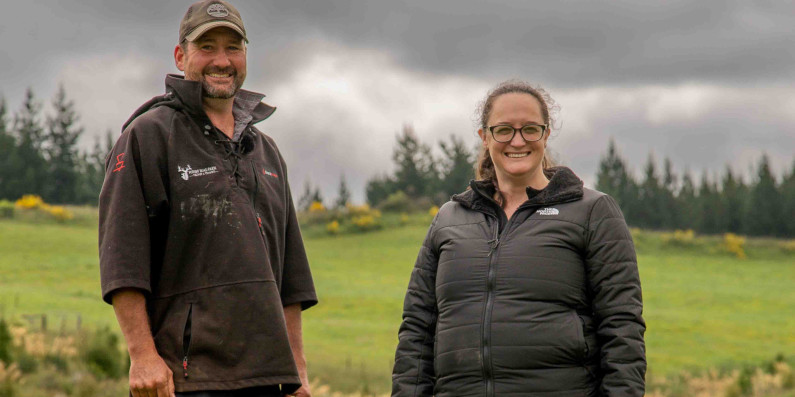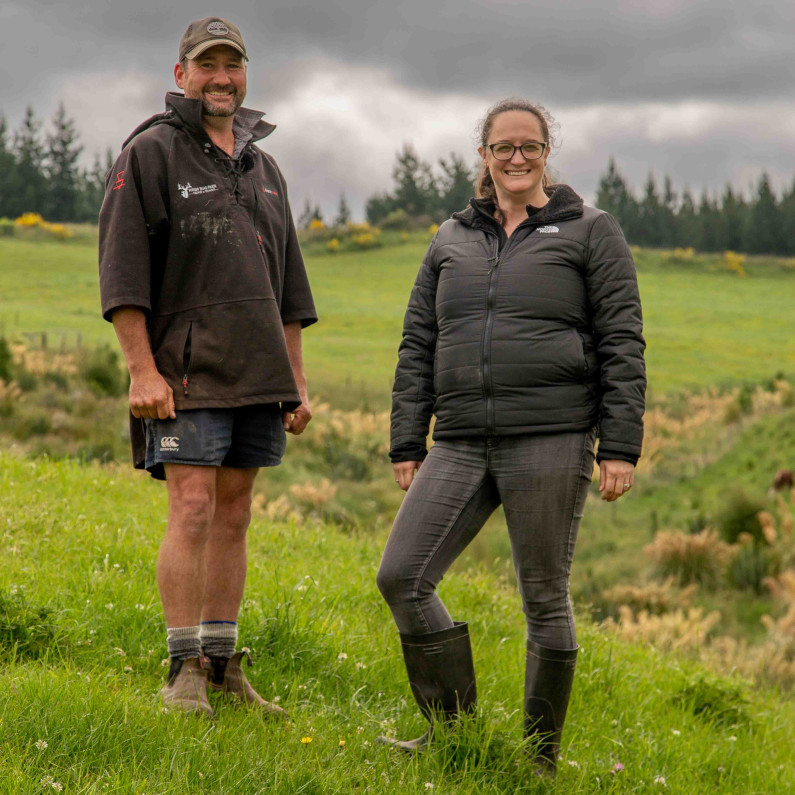The Government introduced the Essential Freshwater reforms as a package and the NPS-FM gives clear direction to councils that freshwater quality must be restored within a generation. The National Environment Standards for Freshwater were aimed at the immediate improvements needed to stop degradation of waterways, with rules directly affecting those who manage or own farms.
On the plus side the farmers believe that communities want to collaborate and are looking for opportunities to make things better. “We want to leave the land in better shape than we found it”, they said.
Catchment groups were a common theme but need more help and support so they can tackle bigger catchment-wide issues that seem overwhelming to individual farmers.
The farmers in the room also believed the leaders and innovators will ‘drag’ the laggards forward. They welcomed the dialogue with the Ministry calling it ‘true farmer consultation’.
There was a feeling that the Government, however, was trying to move to quickly and that even the best farmers might not be able to keep up.

